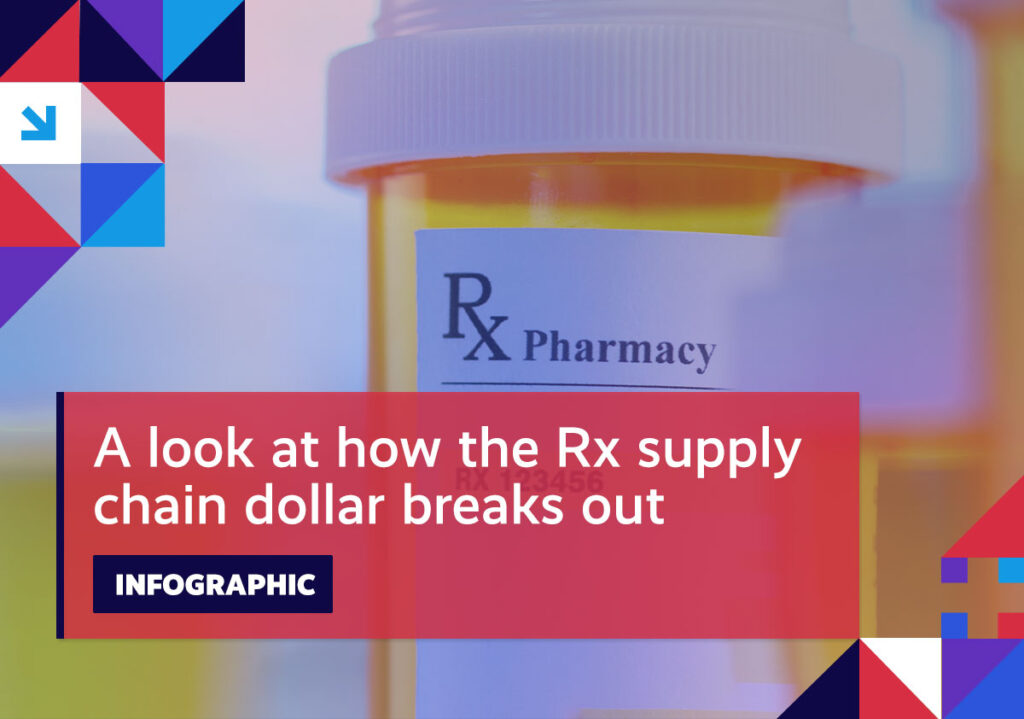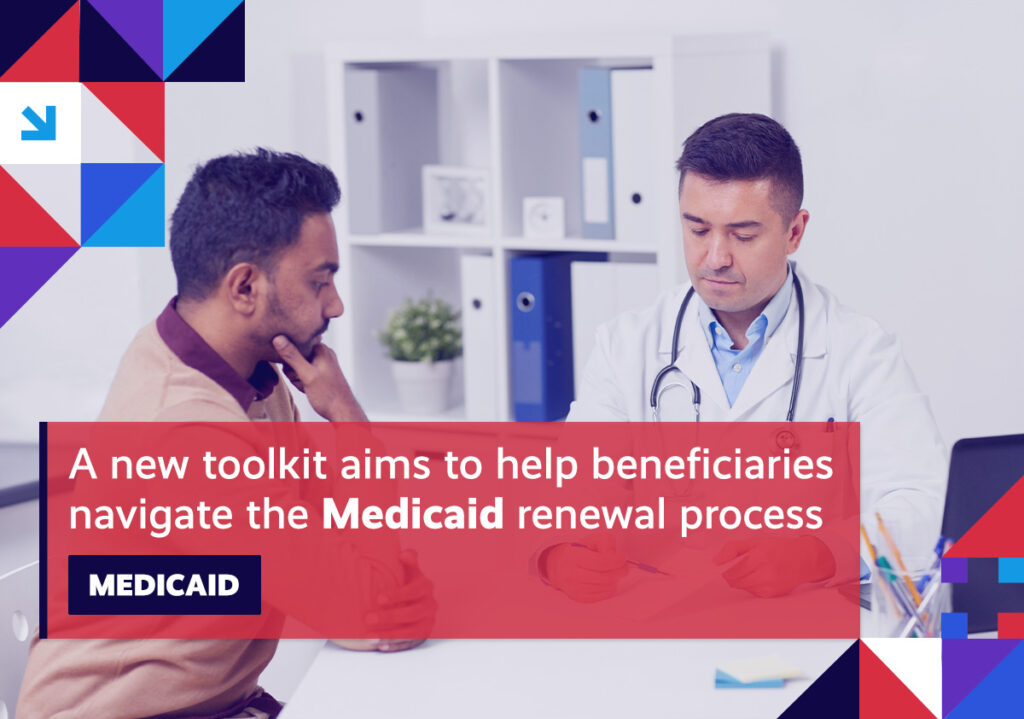A quick roundup of the issues driving the healthcare reform conversation.
Item of the Week

Spotlight
MEDICARE OVERBILLED An audit uncovers millions of dollars in overbilling charges to Medicare.
Quick takeaway: According to the results of the analysis conducted by the Office of the Inspector General (OIG), Medicare overpaid $22.5 million in 2019 and 2020 due to incorrect place-of-service coding by providers.
Further context: Medicare pays for physician services separately from the payments it makes to inpatient facilities, such as skilled nursing facilities and hospitals.
By analyzing more than 2 million physician claims over the course of those two years, OIG linked the millions of dollars in overpayments to providers incorrectly reporting where care had been delivered on claims forms.
What it means: The audit comes at a particularly sensitive time for hospitals, who already find themselves the target of increased public scrutiny, not to mention legislative focus, as a result of dishonest billing and surprise medical bills.
NONPROFIT HOSPITALS Charity care continues to fall at nonprofit hospitals.
Quick takeaway: Allina Health System, a wealthy nonprofit operating more than 100 clinics and hospitals throughout Minnesota and Wisconsin, is withholding care from patients with unpaid medical bills.
Digging deeper: The drastic measure by the nonprofit health system (with $4 billion in annual revenue), effectively cuts off access to medical care for these patients, many of whom come from low-income communities, raising further concerns about equitable access to healthcare and the corresponding impact to these vulnerable populations.
In 2020, Allina spent less than half of 1 percent of its expenses on charity care and avoided roughly $266 million in local, state, and federal taxes.
What it means: As previously highlighted, nonprofit health systems continue to rake in millions of dollars on the backs of taxpayers, all while sidestepping their obligation (and, core mission) to treat the medically underserved. Another example of hospitals prioritizing financial gain over community health.
Rx PATENT ABUSE Drugmakers’ abuse of the patent system costs American patients billions of dollars.
Quick takeaway: A new analysis estimates that the pharmaceutical industry’s anti-competitive patent abuse tactics cost U.S. consumers more than $40 billion in 2019.
Further context: Researchers point out that this translates into an additional $120 per year for every single person in this country “solely because of antitrust violations” by drug manufacturers.
What it means: The research went on to highlight several common tactics used by drugmakers to decrease competition and artificially increase their prices, including:
- Horizontal collusion, or “shadow pricing,” which happens when different drugmakers increase the price of their products used to treat the same condition at the same time.
- Patent thickening, which drugmakers use to create a web of overlapping patents to exclude and discourage competition.
- Product hopping, which is when a drug company slightly modifies a brand-name drug before its patent expires, in order to replace the original drug before generic (less expensive) versions are brought to market.
EMPLOYER-PROVIDED COVERAGE As lawmakers around the country debate taxing employer-provided healthcare, a new national survey underscores how critical this coverage is for many.
Quick takeaway: According to the results, the vast majority – 68 percent – said they preferred healthcare coverage through their employer over getting it from the government.
Further context: The survey also showed that a majority (63 percent) would be less likely to vote for a lawmaker who supported taxing employee health benefits – including, 60 percent of Democrats, 68 percent of swing voters, and 57 percent of Republicans.
What it means: Affordable healthcare remains the top issue for many voters across the country.
Spotlight

| You can keep up with the latest by following the Health Action Network on Twitter and by liking us on Facebook. And, be sure to check us out on LinkedIn, too. As always, let us know if there’s something you’d like to see covered in a future newsletter. |
The Health Action Network includes everyday Americans—families, workers, businesses, patients, providers, neighbors, and friends. We are working together because we support market-based solutions that offer better healthcare choices and help build a stronger economy. The Health Action Network is an Elevance Health, Inc., initiative.
